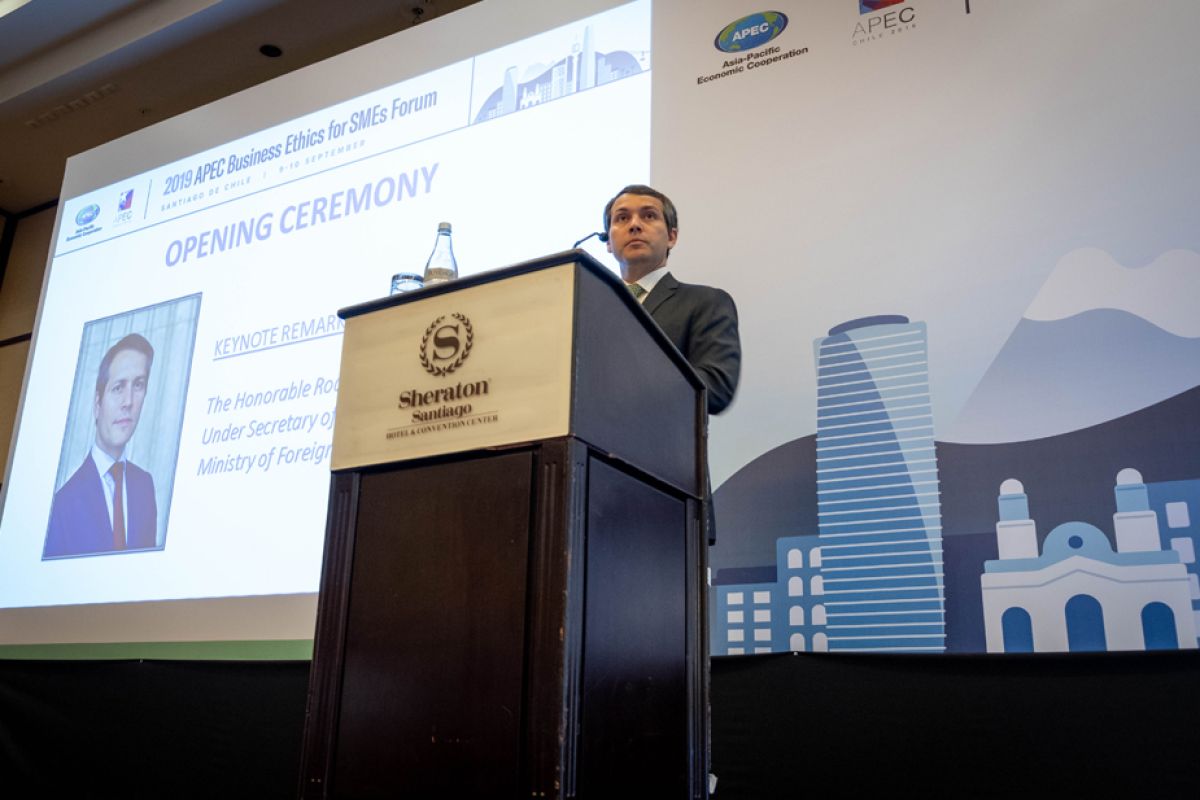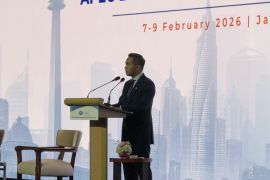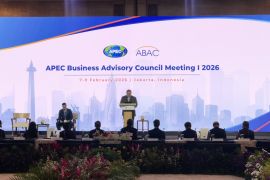The ‘Chile Consensus Framework’ follows agreements signed by eight other APEC economies, including Australia, China, and Japan, as noted in a written statement issued by APEC SMEs Working Group and received here on Thursday.
Consensus frameworks enable relevant stakeholders, including industry, healthcare professionals, patient groups, and governments, to work together by aligning each other’s ethics codes in best practices, research, training, and policy-making.
"Let’s connect people to build the future. By working across economies to elevate business ethics across our health systems, our people receive treatment that is in their best interest and our companies are able to sustainably operate and engage in cross-border trade. This is the potential of economic cooperation that APEC delivers," said Rodrigo Yáñez, Chile’s Vice Minister for Trade.
The consensus framework was signed at the APEC Business Ethics for Small and Medium Enterprises Forum in Santiago, Chile.
The forum, as the largest collective action in the APEC region to strengthen ethical business practices in the medical device and biopharmaceutical sectors, has engaged more than 1,500 organizations.
"When we level the playing field through ethical business practices, we ensure that the best products win tenders. By mitigating the threat of corruption to progress, trade, and the global economy, we are ensuring decisions are made in the best interest of patients and SMEs," said Gilbert Kaplan, Under Secretary of Commerce for International Trade at the U.S. Department of Commerce, which serves as the initiative’s Project Overseer.
A draft publication presented at the forum entitled "Strategies for Governments to Encourage Ethical Business Conduct" outlines how economies can provide incentives for ethical business practices in the health sector.
For instance, New Zealand Health Partnerships – a subsidiary owned and operated by twenty district health boards – requires all suppliers of clinical products to either be a member of the Medical Technology Association of New Zealand, which has an obligatory code of practice, or to observe the code without membership.
Meanwhile, the e-procurement system used by Chile’s public sector, ChileCompra, provides online ethics training to government suppliers.
Results of surveys that measure the program’s effectiveness show an industry welcoming of improving standards.
In 2019, some 87 biopharmaceutical and medical device industry associations in the APEC region have codes of ethics. That means high standard codes reach more than 20,000 enterprises, most of which are small businesses.
"Progress begets progress. The forum gains strength with every economy - its governments, health care professionals, patient groups, and businesses big and small - signing on. We invite all economies to join this collaborative approach to make the APEC region healthier and more prosperous for all," said Evan Holley, Chair of the APEC SME Working Group.
Forum participants also welcome the opportunities to strengthen capacity. Currently, a virtual portal is being developed to guide medical device enterprises seeking to work with third parties.
Another training initiative, the APEC Leaders in Ethics and Integrity Program, will equip founders and executives of small businesses to lead their organizations to adopt ethical business practices.
Related news: APEC steps up promotion of Cross-Border Privacy Rules
Related news: APEC pledges to advancing inclusion via digital transformation
Reporter: Yuni Arisandy Sinaga
Editor: Fardah Assegaf
Copyright © ANTARA 2019












